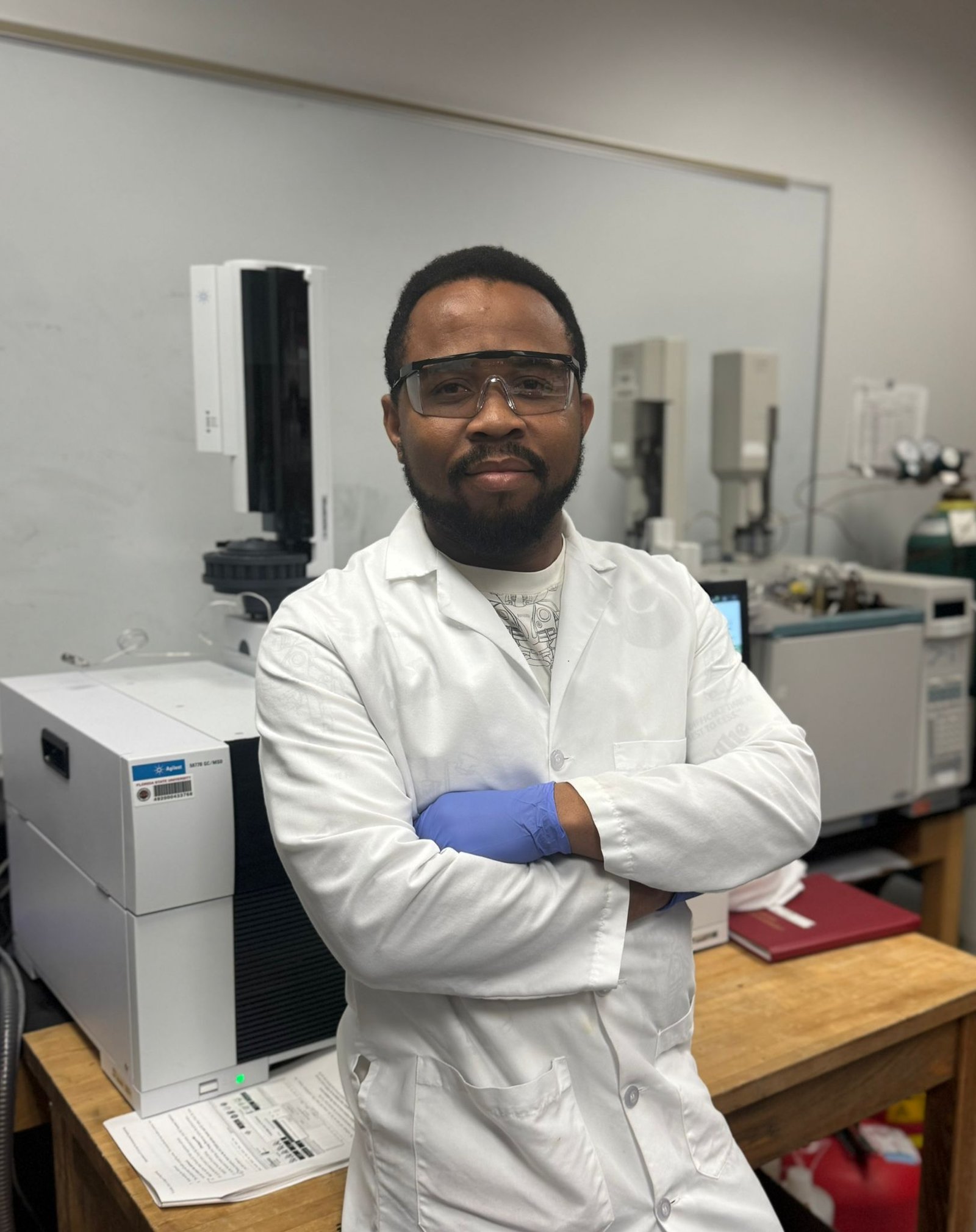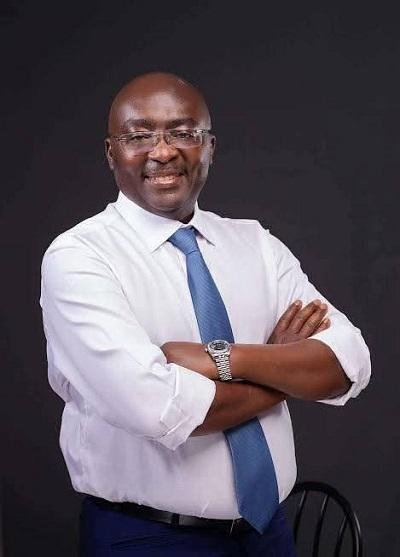News
Adopt integrated approach to fight illegal mining …Water treatment expert to gov’t

A Sustainable Water Treatment Expert at Florida State University’s Environmental Engineering Laboratory in the USA, Dr Charles Amanze has underscored the need for Ghana to adopt an integrated approach to fight the effect of illegal mining on the country’s water bodies.
The approach, according to him, “synergises novel bioflocculants, modified biochar and specialised bacterial strains to combat the nations deteriorating water quality in areas ravaged by illegal mining activities.”
Dr Amanze said this in an interview with the Ghanaian Times in Accra on Monday.
According to him, his outfit is introducing a powerful combination of complementary technologies that work synergistically to address complex water pollution challenges.
He stated that the strategy was critically pertinent for Ghana, where conventional water treatment facilities were increasingly overwhelmed by diverse contamination profiles.
Dr Amanze said the rampant illegal mining also known as “galamsey has introduced a myriad of heavy metals and organic pollutants into the country’s waterways, which requires a sophisticated and sustainable treatment solutions.
He said a recent comprehensive study by the TAMA Foundation Universal a registered non-profit organisation in Ghana, in collaboration with Ghana’s Water Research Institute of the Council for Scientific and Industrial Research (CSIR), revealed alarming concentrations of heavy metals in the White Volta river, Northern Ghana’s largest water body.
According to the study these contamination levels surpass safe consumption thresholds, posing severe health risks to local communities, particularly vulnerable groups such as infants, the elderly, and individuals with compromised immune systems who depend on the river for drinking water and domestic needs.
He therefore urged the Mahama-led government to prioritise key research into sustainable water treatment solutions to address the nation’s escalating drinking water crisis.
In a study conducted by Dr. Amanze, it proved that a novel polysaccharide-based bioflocculant derived from Bacillus subtilis ZHX3 achieved impressive removal rates of 90.4 per cent for lead, 78.2 per cent for zinc, and 86.3 per cent for copper in mineral processing wastewater.
Further advancing his research, Dr. Amanze and his team utilised a modified dehydrated biochar fabricated from banana peels, attaining maximum removal efficiencies of 98.7 per cent for arsenic and 90.3 per cent for lead from contaminated wastewater.
“Ghana is rich in banana peels and other agricultural residues like cocoa pods which can be modified to remove some of the most persistent and difficult-to-treat pollutants like Arsenic and lead” Dr Amanze said.
He said “by extracting bioflocculants from microbes and immobilising them on biochar, we can harness the complementary strengths of both materials, crafting a highly efficient and sustainable solution for pollution management.”
He mentioned that the advantages of these technologies were particularly suited to Ghana’s unique environmental conditions saying, the bioflocculant excels in treating multiple pollutants simultaneously, surpassing the performance of traditional chemical treatments.
While acknowledging potential challenges such as initial investment costs and the necessity for specialised technical expertise, Dr. Amanze remains optimisticsaying “the science is proven, the technology is viable, and the need is undeniable. It all boils down to a collective commitment to prioritise public health and safeguard our rivers and groundwater from further degradation.”
Dr Amanze said as Ghana stands at a pivotal moment in its quest to secure clean and safe water for its populace, the widespread adoption of bioflocculant-biochar treatment systems could signify a transformative leap forward.
He was of the view that the innovative approach has the potential to rehabilitate polluted waterways, thereby enhancing public health and fostering economic growth.
By Jemima Esinam Kuatsinu
News
Hopeson Adorye invites Ghanaians to join new United Party

A leading member of the newly rebranded United Party, also known as UP, Hopeson Adorye, has called on Ghanaians who feel dejected or oppressed in politics to join the new party, describing it as a better political home for all.
He made these remarks at the launch and rebranding of the Movement for Change into the United Party (UP) at the Coconut Grove Hotel in Accra on Thursday, October 16.
Mr. Adorye explained that the party was fully ready to serve as an alternative political force to address Ghana’s challenges.
He noted that the UP leadership was focused and determined to change the country’s political structure and bring meaningful transformation.
He stated that the party’s vision was to build a united Ghana, stressing that without unity, the nation could not make real progress.
According to him, the mission of the UP was to create a prosperous country where every citizen could provide for themselves and their families.
Mr. Adorye emphasised that the new party was not formed to destroy any existing political organization but to contest and win elections to bring about the needed change.
He expressed confidence that many Ghanaians from different political backgrounds, including those dissatisfied with their current parties, would join UP+ because of its values and inclusive ideology.
He added that the party was building its structures from the grassroots and hoped to complete them by the end of the year as part of efforts to strengthen its national presence.
The Founder of the United Party (UP), Alan Kwadwo Kyerematen, also addressed the gathering and reflected on the transformation of the Movement for Change into the UP+.
He explained that the rebranding marked a new phase of political renewal, symbolized by the monarch butterfly in the party’s logo, which represents transformation, resilience, and endurance.
Mr. Kyerematen noted that the colors of the party yellow, black, and white stood for Ghana’s gold resources, the black star of Africa, and purity, respectively.
He stated that the UP stands for ethical leadership, integrity, and unity, adding that many of its members entered politics to serve the nation, not for personal gain.
He revealed that the party’s Great Transformational Plan (GTP), which has received global recognition, would guide the UP+ government when elected.
“The plan is designed to stabilize the economy, reduce the national debt, and promote industrial growth through ten strategic anchor industries” he added.
He explained that the health policy would emphasize preventive care, community-based services, and the inclusion of traditional and herbal medicine, which many Ghanaians rely on.
Mr. Kyerematen further stated that the UP would promote a strong Pan African agenda, explaining that Ghana’s prosperity must be tied to the wellbeing of the entire continent.
He noted that the party believes in Ghana first, and its policies were anchored on uniting the country and restoring hope in national development.
By: Jacob Aggrey
News
Dr. Bawumia urges NPP members to rally behind his flagbearership bid

Flagbearer hopeful of the New Patriotic Party, Dr. Mahamudu Bawumia, has appealed to the rank and file of the party to rally behind him as he prepares to lead the party in the 2028 elections.
Addressing delegates in Sene East during his campaign tour, he highlighted key contributions to the party.
He revealed that at the behest of former president, Nana Addo Dankwa Akufo-Addo, he left his job at the Bank of Ghana to work for the NPP.
According to him, many asked him to rescind the decision. However, because of his loyalty to the party, he resigned from the bank to be their running mate.
He added that at the African Development Bank, he resigned in 2012 just to serve the party at the highest level.
“I defended the party in 2012. We lost, but I stayed in Ghana to put pressure on John Dramani Mahama and the NDC,” he added.
He is therefore urging the party to choose continuity and to back his leadership.
By: Jacob Aggrey






